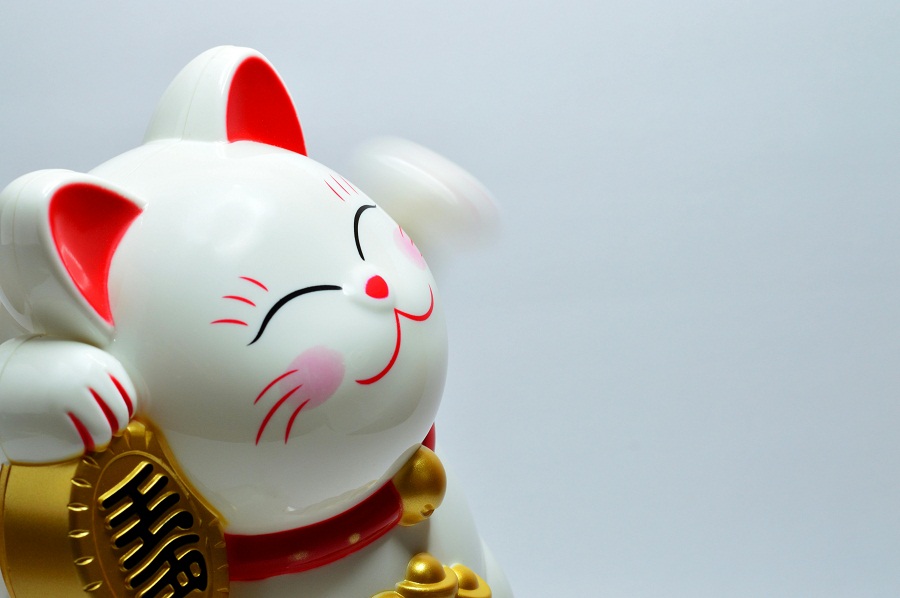Finding your purpose and happiness with the Japanese mental health practices

Published :
Updated :

There are days when you feel like your shoulders are carrying the weight of grief; happiness is far, far away, a distant dream that seems almost impossible to attain. There are days when, no matter how hard you try, you can't seem to feel okay; everything seems tangled with stress. The popular Korean drama 'It's Okay Not To Be Okay' sheds light on mental health and shows the importance of emotional healing.
Just like the protagonist of this drama, many people out there go through their battles. While some may be dealing with anxiety, others are entangled with depression and other mental health challenges. But did you know these emotions matter, and it's okay not to be okay always? It's okay to cry when there is too much going on with you, and seeking help isn't a sign of weakness but strength. But what if there are simple ways to help you feel better every day?
Timeless hacks by Japan
Japan is a country widely known for its balanced lifestyle and simple yet powerful ways to improve your mental health. Well, no, these aren't any quick fixes nor any magic pills; all you need to incorporate them into your daily life.
Through these ancient hacks, Japan teaches us to embrace our challenges and find solace in small things. Again, these practices don't promise to erase your troubles but surely help you cope with life's ups and downs with more ease.
Let's find out how Japan goes a mile extra in caring for and calming your life, no matter how chaotic the outside world feels.
Kintsugi
What if, on a fine morning, you accidentally drop your favourite mug and it broke? Sad to throw that, right? In Japan's Kintsugi method, they glue it back with powder gold.
Instead of hiding cracks, the gold outlining makes it more accentuated. But is this all about fixing broken things? It evokes imperfections that are a part of life's journey, and they make you who you are, make you stronger, and make you prettier. So, next time you encounter any sort of challenge, remember about Kintsugi and think about how this will make you a better person.
Ikigai
Then again, the Japanese term for 'a reason for being' is known as Ikigai. It's about finding your life's meaning, finding your superpowers, and the reason to get up in the morning.
Four main overlapping elements will help you uncover your Ikigai, and that is what you are good at, what the world needs, what you can be paid for, and what you love to do.
You do not necessarily need to tick all four, but you can at least tick one, and once you find your Ikigai, you will unlock a whole new level of happiness and self-satisfaction.
Kaizen
Up next is Kaizen, another timeless Japanese hack that emphasizes small but incremental improvement over time. Instead of making a big difference at once, Kaizen encourages small, consistent steps toward improvement.
Over time, these teeny tiny changes will add up and make a big difference in how you feel. With these small steps, you can reduce the pressure on yourself, which will result in balanced stress.
Shinrin-Yoku
Moving forward with Shinrin-Yoku, if we translate Shinrin-Yoku, we will get forest bathing. No, it's not what it sounds. It means immersing yourself in a forest for several hours to wander in its sights, smells, and sounds.
This technique is scientifically proven to reduce cortisol (stress hormones), lower anxiety and blood pressure, improve the sleep cycle, and increase creativity and focus. And who doesn't like to reconnect to nature? The tranquillity is much needed, given the hassles and bustle of city life.
Chado
Last but not least, Chado, the name, says it all. The Japanese Tea ceremony is more than just sipping tea; it emphasizes simplicity, mindfulness, and respect.
The Chado ceremony involves preparing and sharing a finely ground powdered green tea called Matcha, then serving it slowly and deliberately with sweets or cookies to harmonize the bitter taste of tea.
Even in Bengali households, the ceremony is held every day but non named. Every household sips mild tea or malai cha in the evening and discusses how their day went over a small cup of tea that not only improves family bonding but also creates a sense of connectivity.
These Japanese secrets will slowly but surely improve your mental health naturally. Why not start today? You can start reading your favourite book for 10 minutes today and gradually invest more time in that or a short walk to the park. And guess what? Your mind will thank you for these teeny tiny steps. Just like Japanese culture, you don't need to rush things. Start small, be consistent, and one day, people will ask you to share your secrets of staying so calm and composed.
So, what's your favourite Japanese hack? Share with the writer at rahmanmegh1234@gmail.com


 For all latest news, follow The Financial Express Google News channel.
For all latest news, follow The Financial Express Google News channel.